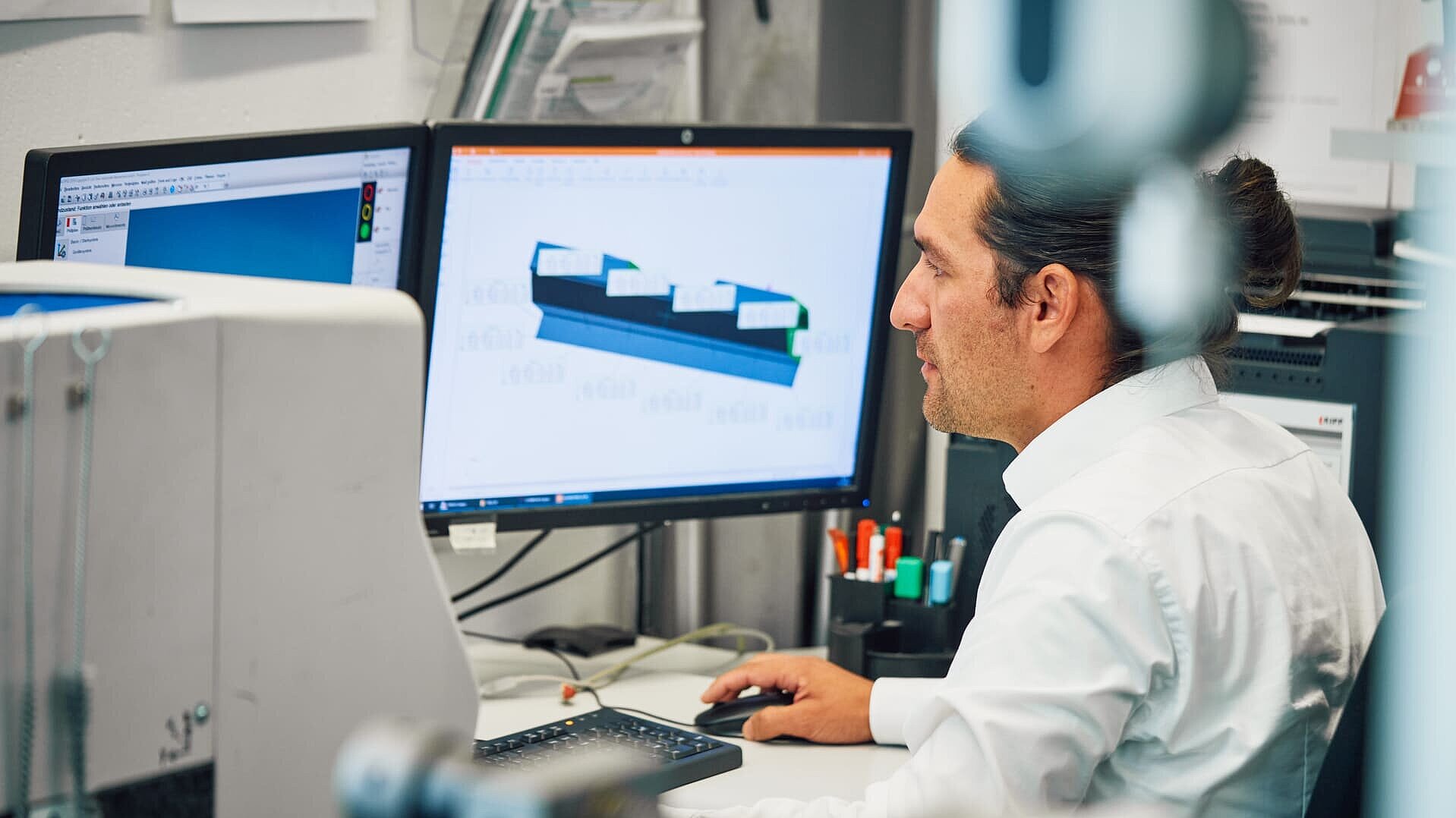Industrial engineers have to be enormously flexible. At KIPP, you’ll work independently and as part of a team on business management and technical problems at the interface between administration, production and development. Industrial engineers are required to perform analytical technical tasks, and communicative ones. Industrial engineers deal with technology and business management alike.
Summary: Half technology, half business management: doors are always open to the industrial engineer.
What you have to have:
- A Level equivalent or subject-linked university entrance qualification
- An interest in technical and economic matters
- Quick thinking
- An ability to think across different subjects; interdisciplinary problem-solving
- An independent and meticulous approach to work
- Commitment and team spirit
What you can expect – an overview of studying at a ‘duale Hochschule’, combining theoretical and practical knowledge at KIPP:
- Start: 1 October (after a one-month pre-study internship and preparatory maths course)
- Duration: 3 years / 6 semesters
- Place of training: Sulz-Holzhausen | Sulz-Kastell
- Duale Hochschule: Themed teaching DH Horb. Further information: www.hb.dhbw-stuttgart.de
- Training stations
Basic mechanical training / training workshop
Get to know our production departments
(tool engineering, manufacturing, injection moulding and die casting, automated turning, quality assurance), product development / innovation / design, procurement, production planning, logistics, finance, sales, product management.
After that you’ll work and continue to train in areas that depend on your subsequent deployment, such as quality management, sales, production and materials management, design and development, plus a period working abroad. You will experience day-to-day business first hand and take on smaller projects independently. - And after that?
You’ll enjoy excellent prospects after graduation. You will enjoy a challenging and secure job at the interface between our business and technical departments – for instance as a technical buyer, technical salesperson, controller; in development, product management or production planning, where you’ll work independently and be given responsibility for your own projects.
And you will also have the opportunity for continuous professional development. Because even after training, learning remains the key to professional development.

